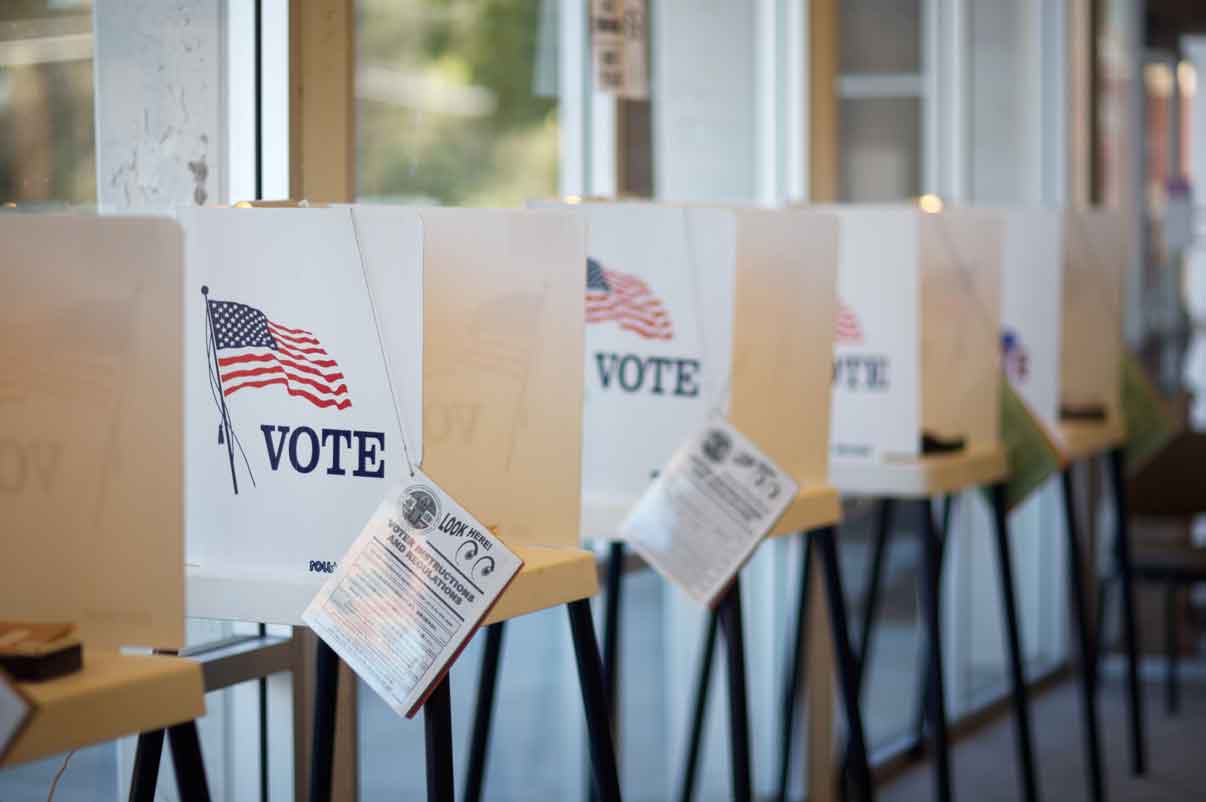RESEARCH LINKS

VOTER ELIGIBILITY is governed by the U.S. Constitution as well as federal and state laws. To vote in a presidential election, you must be 18 years old and a United States citizen. Each state has its own requirements.
Issue 1: SAVE Act (Voter Eligibility)
Congress.gov: H.R.8281, “Safeguard American Voter Eligibility Act” or “SAVE Act”
House.gov: SAVE Act One-Pager – Republican (Rep. Chip Roy)
House.gov: SAVE Act One-Pager – Democrat (Rep. Joseph Morelle)
Bipartisan Policy Center: “Five Things to Know About the SAVE Act”
Heritage Foundation: “Vote ‘Yes’ on the SAVE Act”
League of Women Voters: “Urge Your Members of Congress to Oppose the SAVE Act”
Issue 2: Supreme Court Term Limits
WaPo OpEd: President Joe Biden – “My Plan to Reform the Supreme Court”
Heritage Foundation: “Biden’s Attempt to Control Supreme Court Is Unconstitutional”
PBS.org: “Biden Calls for Supreme Court Term Limits as Part of Reform Plan”
CBS News: “Biden Proposes Major Supreme Court Reforms as Controversy Swirls”
FixtheCourt.com: “Term Limits”
BrennanCenter.org: “Supreme Court Term Limits”
DISCUSSION QUESTIONS
Issue 1: SAVE Act (Voter Eligibility)
- Should Congress pass the SAVE Act to ensure that only U.S. citizens are registered to vote? Why or why not?
- Do those with the right to vote have more power than those without? Why or why not?
- Why are so many people apathetic when it comes to voting? What happens (or could happen) when people do not vote?
- Do you think it makes sense to be 18 and not exercise your right to vote? Why or why not?
- What issues would bring more young people to the polls to vote, if included on ballots?
Issue 2: Supreme Court Term Limits
- Would Supreme Court term limits contradict Article III of the U.S. Constitution, which states justices shall “hold their Offices during good Behavior?” Why or why not?
- If term limits are good for the executive and legislative branches of government, might term limits also be good for the judicial branch? Why or why not?
- Critics of Supreme Court term limits say it is an effort to grab the power Democrats have lost. Do you agree? Why or why not?
- Since the drafting of the Constitution, the legislative and executive branches of government have become more democratized. For example, senators are elected directly by voters in the states they represent. Should the judiciary undergo similar reform? Why or why not?
- Could changing the current structure of the judicial branch have no effect, or the opposite intended? Why or why not?

